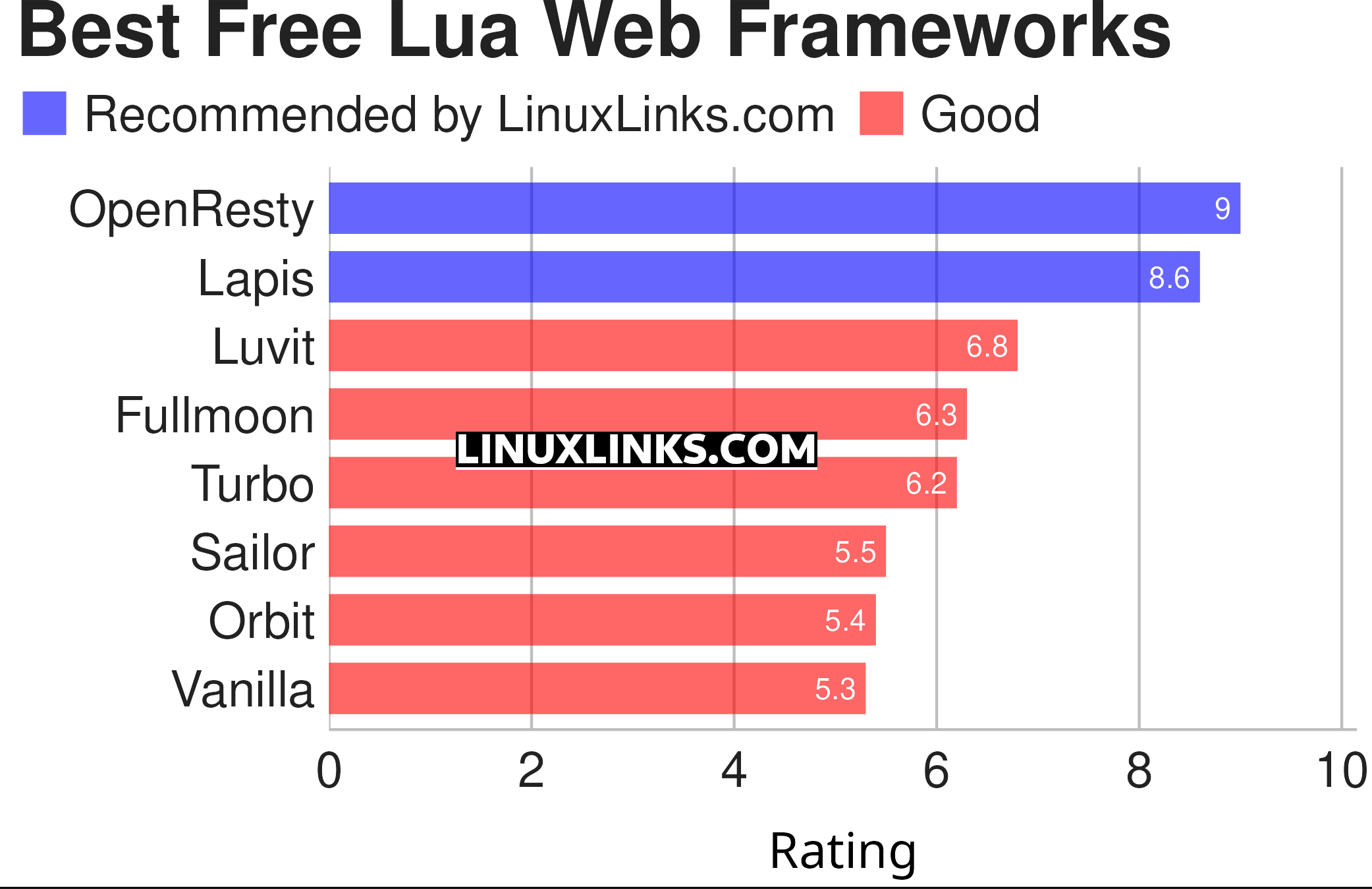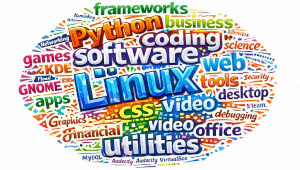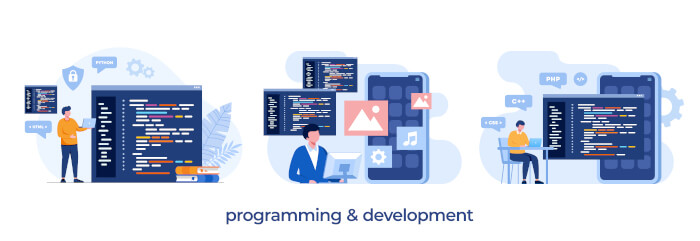One of the types of software that’s important for a web developer is the web framework. A framework “is a code library that makes a developer’s life easier when building reliable, scalable, and maintainable web applications” by providing reusable code or extensions for common operations. By saving development time, developers can concentrate on application logic rather than mundane elements.
A web framework offers the developer a choice about how to solve a specific problem. By using a framework, a developer lets the framework control portions of their application. While it’s perfectly possible to code a web application without using a framework, it’s more practical to use one.
Lua is a lightweight, small, compact, and fast programming language designed as an embeddable scripting language. This cross-platform interpreted language has a simple syntax with powerful data description constructs. It has automatic memory management and incremental garbage collection, making it ideal for configuration, scripting, and rapid prototyping. Lua tries to help you solve problems with only hundreds of lines, or even less. To achieve this aim, Lua relies on extensibility.
Here’s our recommended web frameworks for Lua captured in a legendary LinuxLinks-style ratings chart. We only feature free and open source software.

Let’s explore the 8 Lua web frameworks. For each program we have compiled its own portal page, a full description with an in-depth analysis of its features, together with links to relevant resources.
| Lisp Web Frameworks | |
|---|---|
| OpenResty | Turns Nginx into a Full-Fledged Scriptable Web Platform |
| Lapis | Web framework for Lua/MoonScript supporting OpenResty or http.server |
| Luvit | Node.JS for the Lua Inventor |
| Fullmoon | Fast and minimalistic web framework based on Redbean |
| Turbo | Framework built for LuaJIT 2 |
| Sailor | Lua MVC web framework |
| Orbit | MVC web framework for Lua |
| Vanilla | OpenResty Lua MVC web framework |
This article has been revamped in line with our recent announcement.
 Read our complete collection of recommended free and open source software. Our curated compilation covers all categories of software. Read our complete collection of recommended free and open source software. Our curated compilation covers all categories of software. Spotted a useful open source Linux program not covered on our site? Please let us know by completing this form. The software collection forms part of our series of informative articles for Linux enthusiasts. There are hundreds of in-depth reviews, open source alternatives to proprietary software from large corporations like Google, Microsoft, Apple, Adobe, IBM, Cisco, Oracle, and Autodesk. There are also fun things to try, hardware, free programming books and tutorials, and much more. |

